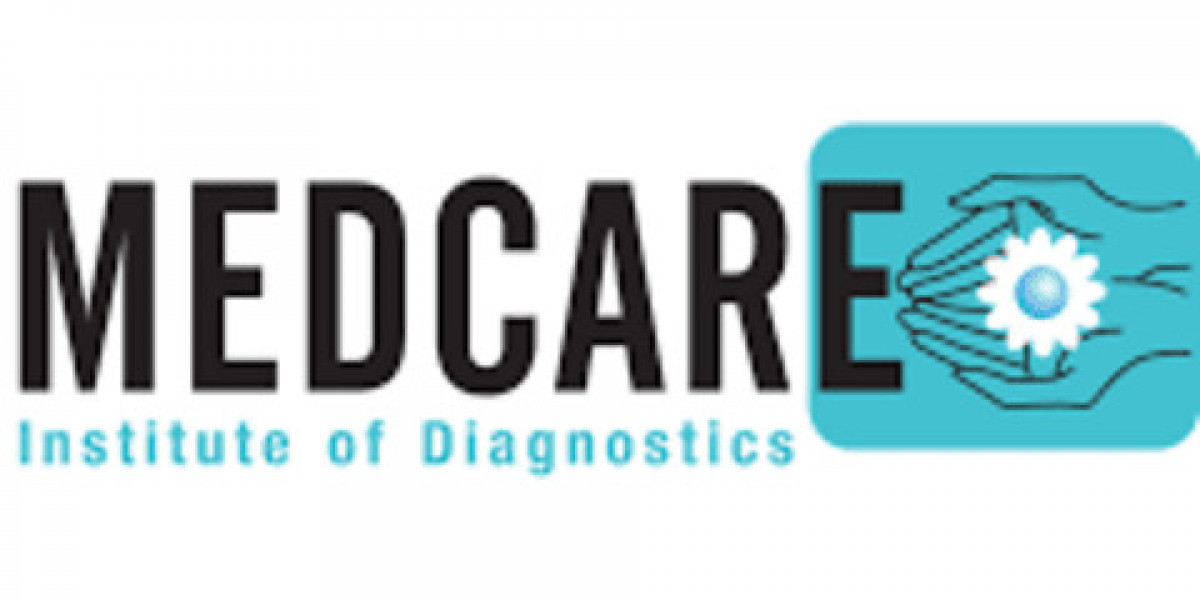Introduction
Have you ever wondered how well your heart performs under stress? The cardiac stress test is an essential diagnostic tool that helps evaluate the health of your heart when it’s working hard. With heart diseases becoming increasingly common, monitoring heart health has never been more important. Let’s dive into everything you need to know about this life-saving test.
What is a Cardiac Stress Test?
A cardiac stress test assesses how your heart functions during physical exertion or stress. It helps doctors determine whether your heart receives adequate blood and oxygen when it needs it the most.
Definition and Purpose: The test involves making your heart work harder, either through exercise or medication, while monitoring its performance. It’s commonly used to detect underlying heart conditions.
Types of Cardiac Stress Tests:
Exercise Stress Test: The most common type, where patients walk on a treadmill or pedal a stationary bike.
Pharmacological Stress Test: Used for patients unable to exercise, where medications simulate the effects of exercise.
Nuclear Stress Test: A more advanced test involving imaging to track blood flow to the heart.
Why is a Cardiac Stress Test Performed?
The test serves multiple purposes, including:
Detecting Coronary Artery Disease (CAD): Blockages in your heart's arteries can be identified early.
Assessing Heart Function Before and After Surgery: Helps evaluate your readiness for procedures like bypass surgery or angioplasty.
Monitoring Progress of Heart Treatments: Tracks the effectiveness of medications or other treatments.
Who Needs a Cardiac Stress Test?
Individuals with Symptoms of Heart Disease: If you experience chest pain, shortness of breath, or irregular heartbeats, a stress test may be recommended.
High-Risk Patients: People with diabetes, high blood pressure, or a family history of heart disease.
Athletes and Fitness Enthusiasts: For those aiming to assess their cardiac limits and optimize training.
How to Prepare for a Cardiac Stress Test
Preparation plays a crucial role in obtaining accurate results.
Consultation and Medical History Review: Discuss your symptoms and medical history with your doctor.
Clothing and Dietary Recommendations: Wear comfortable clothing and avoid eating heavy meals before the test.
Medications to Avoid: Your doctor may advise stopping certain medications temporarily.
What to Expect During the Test
Here’s what happens during a typical cardiac stress test:
Step-by-Step Procedure: Depending on the test type, you’ll either exercise on a treadmill or receive a medication injection. Your heart’s activity will be closely monitored.
Monitoring and Equipment Used: Electrodes, a blood pressure cuff, and imaging devices may be used.
Duration of the Test: The test usually takes 30 to 60 minutes.
Benefits of a Cardiac Stress Test
The advantages of this test include:
Early Detection of Heart Issues: Catching problems before they worsen.
Personalized Treatment Plans: Based on your test results, your doctor can tailor a treatment plan to suit your needs.
Improved Quality of Life: Managing heart health proactively ensures better overall well-being.
Risks and Limitations of the Test
While the test is generally safe, here are some considerations:
Potential Side Effects: Dizziness, nausea, or irregular heartbeats during the test (rare and typically monitored).
Who Should Avoid the Test? Individuals with severe heart conditions or recent heart attacks may need alternative evaluations.
Post-Test Care and Results
After the test, your doctor will:
Interpret Your Test Results: Explain whether your heart function is normal or if further tests are required.
Recommend Lifestyle Changes: Exercise, diet, and stress management tips may be provided.
Follow-Up: Ensure ongoing heart health through regular check-ups.
Cost and Availability of Cardiac Stress Tests
Factors Affecting the Cost: Type of stress test and diagnostic center location.
Insurance Coverage: Many insurance plans cover cardiac stress tests as part of preventive care.
Finding Reliable Diagnostic Centers: Opt for trusted facilities like Medcare Diagnostics.
Why Choose Medcare Diagnostics for Cardiac Stress Tests?
State-of-the-Art Equipment: Advanced technology ensures accurate diagnosis.
Experienced Medical Professionals: Skilled cardiologists make the process smooth and effective.
Comprehensive Health Packages: Affordable packages for all your diagnostic needs.
Tips for Maintaining Heart Health
Regular Exercise: Aim for at least 30 minutes of moderate exercise daily.
Healthy Eating Habits: Incorporate heart-healthy foods like fruits, vegetables, and whole grains.
Stress Management: Practice meditation, yoga, or deep breathing exercises to reduce stress.
Conclusion
A cardiac stress test is a vital tool for assessing and maintaining heart health. Whether you're experiencing symptoms or simply taking preventive steps, the test can provide invaluable insights. Facilities like Medcare Diagnostics ensure a stress-free experience with expert care and advanced equipment. If you’re seeking accurate diagnostics and expert care, Best diagnostic center In Mumbai are equipped to meet your needs. Remember, your heart deserves the best care possible—don’t wait until it’s too late!







